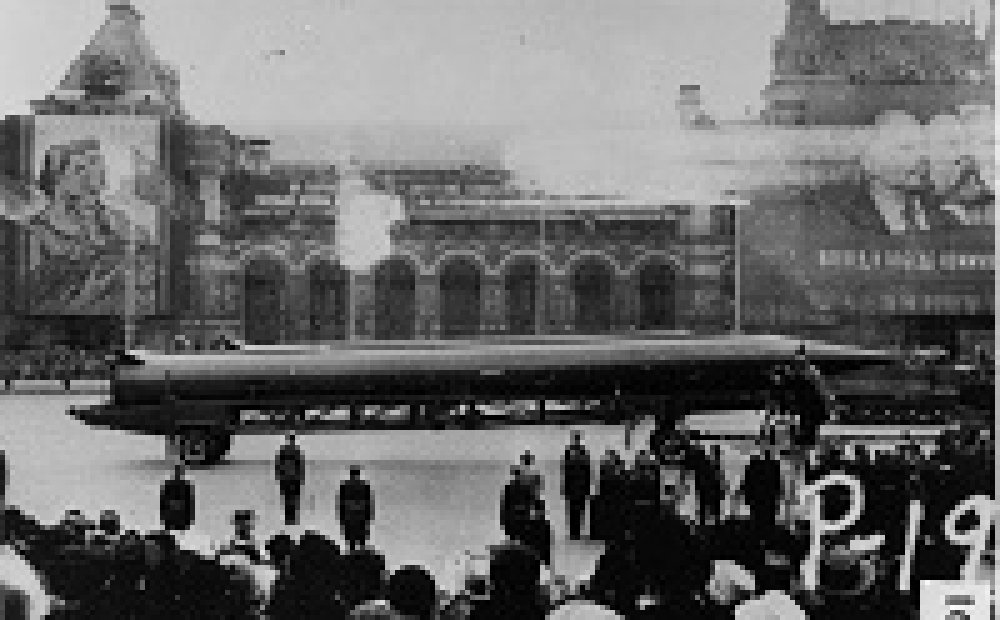Thirteen Days and More: A Soviet Perspective on the Cuban Missile Crisis

Fifty years ago, the world spent thirteen days transfixed as the U.S. and the U.S.S.R. engaged in a contest of wills over placement of Soviet missiles in Cuba. Svetlana Savranskaya will discuss behind-the-scenes maneuvers by Soviet second-in-command Anastas Mikoyan, revealing that the crisis lasted into November and involved plans by the U.S.S.R. to leave tactical nuclear weapons in Cuba, foiled not by U.S. resolve, but by Fidel Castro’s own actions.
Svetlana Savranskaya is director of Russia programs at the National Security Archive at George Washington University. She edited the new book, The Soviet Cuban Missile Crisis: Castro, Mikoyan, Kennedy, Khrushchev and the Missiles of November, by Mikoyan’s late son, Sergo, his personal secretary during the tense negotiations. She is a co-author of the award-winning “Masterpieces of History”: The Peaceful End of the Cold War in Europe 1989 (2010) and teaches U.S.-Russian relations and comparative Russian politics at American University.
Speaker

Director of Russia Programs, National Security Archive
Hosted By

History and Public Policy Program
A leader in making key foreign policy records accessible and fostering informed scholarship, analysis, and discussion on international affairs, past and present. Read more


Cold War International History Project
The Cold War International History Project supports the full and prompt release of historical materials by governments on all sides of the Cold War. Read more
